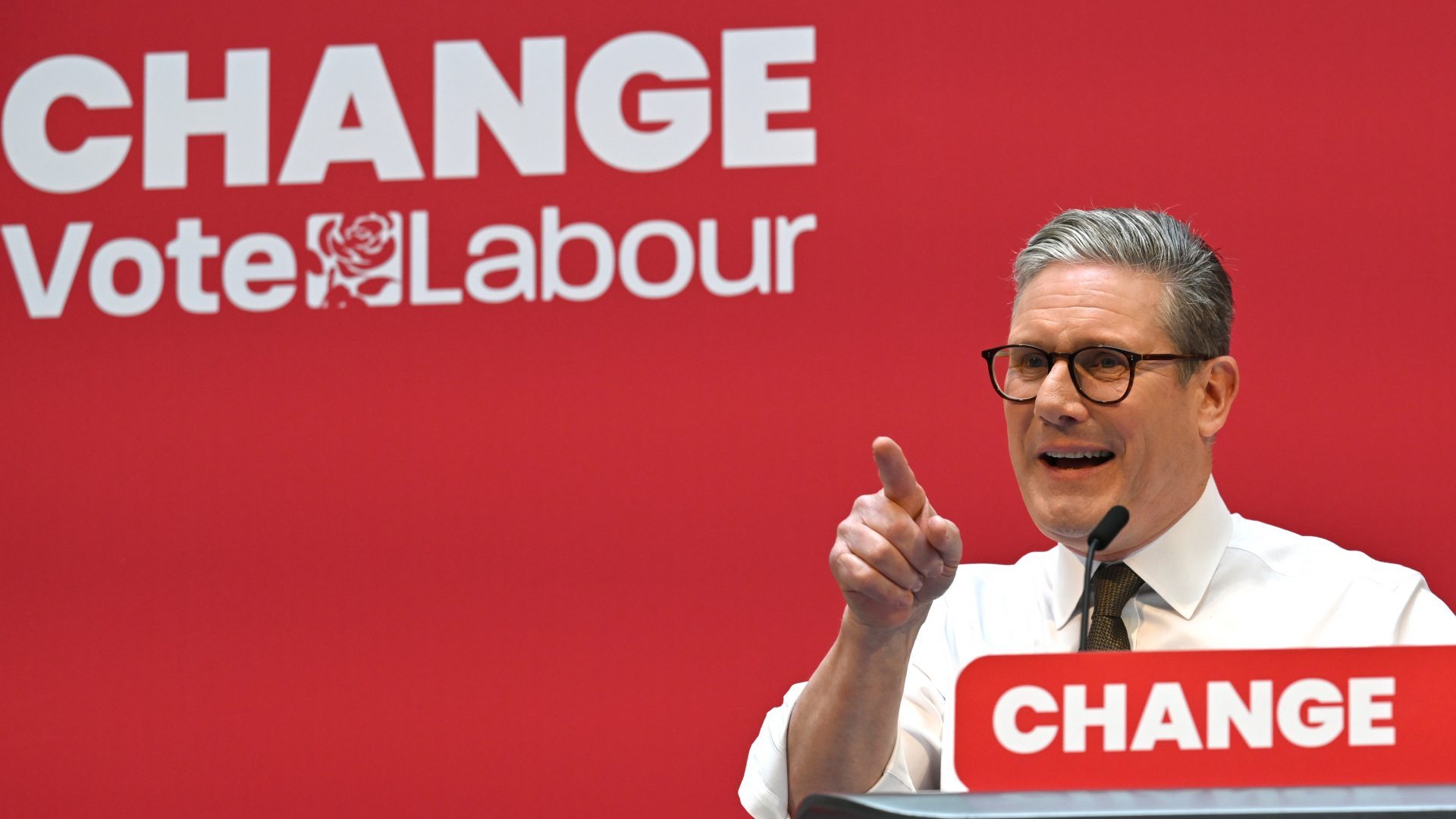A political manifesto is best understood as a sales brochure, rather than a product manual – it is a longform advertisement for a party looking to form the next government, rather than a comprehensive plan of what they will do over the next term.
Understanding the document in that way helps explain some glaring apparent omissions in the Labour manifesto, which makes no mention of around £19 billion of public service cuts that the Conservatives have currently planned for the next two years (and so which form the baseline case).
Similarly it makes no mention of scrapping the two-child benefit cap, a relatively cheap policy (under £1.5 billion a year) that would lift one million children out of poverty. A voter who follows such policies closely could be forgiven for thinking Labour is planning to actually implement a new round of Tory austerity and to keep the cap.
The reality is subtly different: they are not campaigning on a promise to reverse these policies, but nor are they committing themselves to actually doing them. They are leaving their options open.
Disappointing as that may be for some, it is likely good politics – as promising otherwise would require them to say, pre-election, how they would pay for it. History has shown parties that don’t level with the electorate in advance, but instead respond when they are “shocked” to see what a bad state the last government left behind, tend to do better than ones that hew too much towards honesty. Politics is a necessarily grubby business.
Beyond the absences, though, Labour’s manifesto quietly offers a lot more reform than some of its detractors might suggest – across all sorts of different areas of society.
There is serious House of Lords reform, new rules on parliamentary probity, and restrictions on outside jobs. In housing, there’s commitments to reform planning, eliminate leasehold and to “immediately” scrap no-fault eviction for renters.
There are promises to overhaul business rates (a long-overdue and hoped for reform to help the high street) and to strengthen workers’ rights in the first 100 days of a government. Rail nationalisation has made it in. There is even a small flick of taxing the rich – with elimination of non-dom status, an end to a tax break for private equity partners and the pre-announced private school VAT reforms.
A frequent criticism of Starmer from the left is that he wants simply to maintain the status quo, but with a red rosette instead of a blue one. The few people who actually sit down to read all 26,000 words of this manifesto would likely drop that notion – there is modest proposal after modest proposal, but the collective effect of so many changes could eventually prove transformative, if the party can pull them off.
There are fewer dramatic promises in the 2024 manifesto than the 2019 one, beyond any doubt – this is a Labour party much more in the mould of Tony Blair’s, if not ideologically then in its approach: only promise what you’re confident you could actually deliver.
Labour primarily lost the 2019 election because of Brexit and because of the public’s view of Jeremy Corbyn, but after those two factors the collective unbelievability of the manifesto promises. As Corbyn supporters liked to note, it was full of policies which were popular when polled individually.
But the pile-up of promise after promise, all supposedly to be offered with no tax rises for all but the richest 20% of voters, didn’t pass the plausibility threshold – people (correctly) thought it was too good to be true.
Labour’s 2024 manifesto is one written by a party that is aware it is likely going to have to actually deliver it – as well as a party that is aware big policy offers mean nothing if they never happen.
Labour’s promise is that it will make lots of relatively small policies that will add up to real change. The manifesto is very much a sales pitch – but one for which it’s clear the party doesn’t want to open itself to accusations of false advertising.










